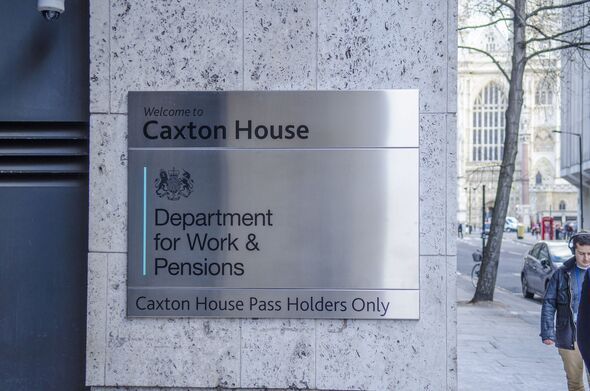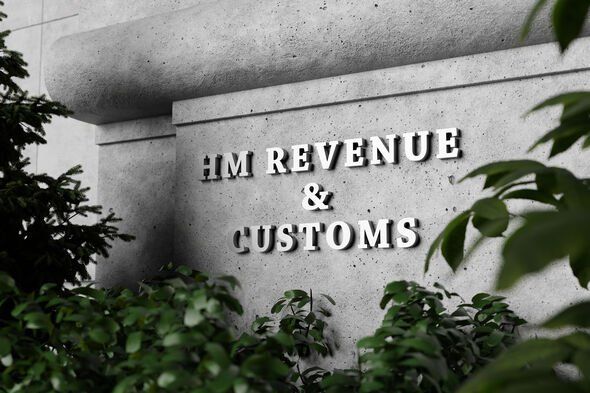

The has discovered that 119,050 pensioners have been underpaid for their due to a fault in the system.
These received substantial back payments, averaging £11,905 per case.
The DWP has already completed correction exercises for married women, civil partners, and those over 80 years old.
Progress remains on track for cases to be resolved before the new year, according to the DWP's latest update.
The initiative has become the DWP's largest underpayment correction exercise to date.

The State Pension underpayments cover three broad categories.
First is cases covered by the State Pension Underpayments (LEAP) exercise.
Second is Home Responsibilities Protection (HRP) cases where HRP has not been recorded accurately on National Insurance records.
And finally, cases where National Insurance credits need to be updated for people who were claiming Universal Credit.
The LEAP exercise was launched after the DWP discovered that many individuals had not received automatic increases to their State Pension as legally required in 2020.
DWP Leap exercise helps to identify where state pension underpayments may have occurred in respect of the following groups of people:
For married individuals and civil partners (Category BL), 45,907 underpayments were identified from 321,142 cases reviewed, with average arrears payments of £5,591.

The widowed category saw 39,706 underpayments discovered from 445,188 reviewed cases, with the highest average payment of £11,905.
Meanwhile, for those over 80 years old (Category D), 33,437 underpayments were found from 90,720 cases reviewed, with average arrears of £2,202.
A similar exercise by has found that between January 8 and the end of September this year a further 5,344 underpayments have been identified through the Home Responsibilities Protection (HRP) corrections exercise, with people owed state pension underpayments of £7,859, on average.
The DWP estimates that errors in recording HRP led to underpayments between £300 million and £1.5 billion of state pension.
Over 370,000 letters have been sent by HMRC to potentially affected individuals, primarily women in their 60s and 70s.
HMRC is using NI records to identify as many people as possible who might have been entitled to HRP between 1978 and 2010 and have no HRP on their NI record.
After May 2000, it became mandatory to include a NI number on claims so people claiming after this point will not have been affected.
The quickest way to check for underpayments is to contact the Pension Service on 0800 731 0469, with lines open 8am to 6pm Monday to Friday.